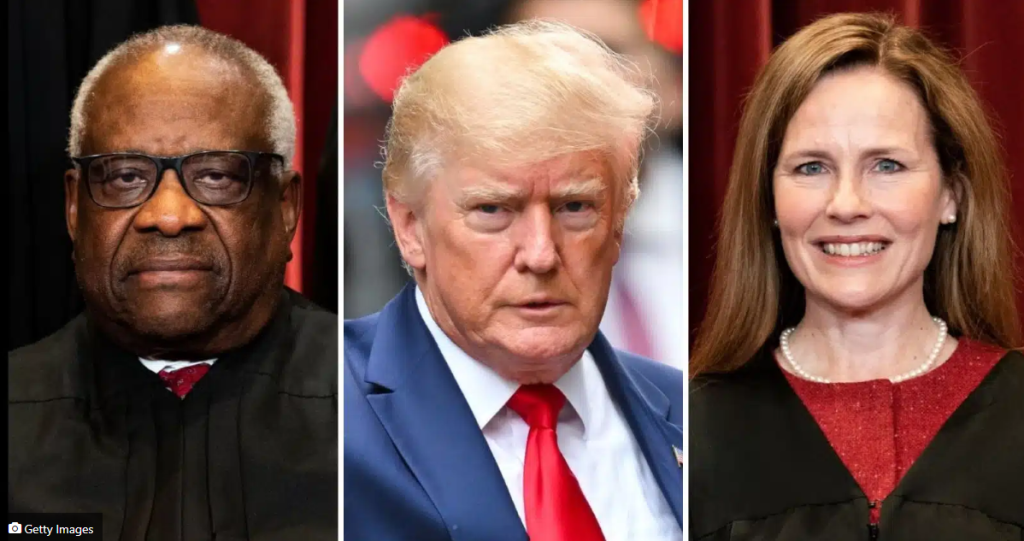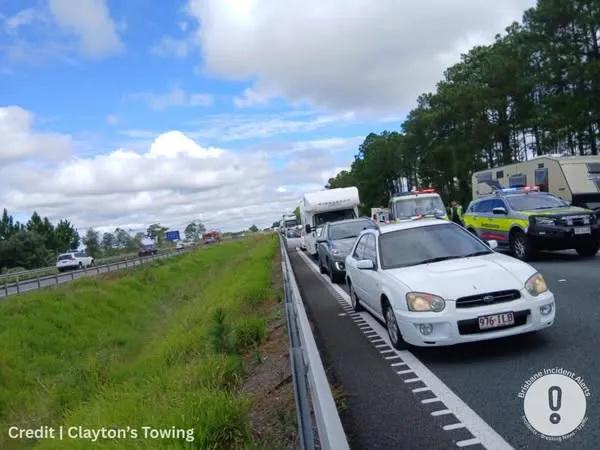
The U.S. Supreme Court on Tuesday permitted the Trump administration to keep several thousand probationary federal employees on the payroll while lower courts consider whether the downsizing measures are legitimate, marking another victory for the White House in recent days.
The Supreme Court’s judgment overturns a lower court finding that ordered the government to reinstate more than 16,000 probationary employees.
The decision is not final on whether staff will be permitted to maintain their positions, but it will have a huge impact on both workers and agencies in the interim, the New York Times noted.
Justice Sonia Sotomayor dissented, but provided no reasons. Justice Ketanji Brown Jackson argued that the court should not have ruled on such a significant question in the context of an emergency application.
The order was the latest Supreme Court victory for the administration in a dispute stemming from President Trump’s recent flurry of executive actions. However, it was technical and tentative, as were the others. The justices stated that their order would remain in effect as the lawsuit proceeded.
The lawsuit involved a preliminary injunction given last month by a federal judge in California, which ordered the administration to restore more than 16,000 probationary employees it had fired from the Pentagon, Treasury, Agriculture, Energy, Veterans Affairs, and Interior departments.
In his decision, Judge William H. Alsup of the Northern District of California recognized that “each federal agency has the statutory authority to hire and fire its employees, even at scale, subject to certain safeguards.”
This is the second time this week the Supreme Court has sided with the Trump administration.
The federal judge who banned the Trump administration’s use of a 1798 wartime legislation to swiftly deport Venezuelan nationals canceled a scheduled court hearing to review the matter on Tuesday after the Supreme Court ruled in favor of the president.
In a minute order issued Tuesday morning, U.S. District Judge James Boasberg announced that the previously scheduled Tuesday afternoon hearing would be vacated in light of the high court’s ruling, which determined, among other things, that the “appropriate venue for such proceedings is the Southern District of Texas,” or wherever plaintiffs subject to potential removal are currently being held.
The case concerned Trump’s use of the Alien Enemies Act, a 1798 wartime immigration legislation, to quickly deport Venezuelan nationals, including accused Tren de Aragua gang members.
Plaintiffs sought an emergency restraining order in D.C. District Court last month to temporarily halt the administration’s use of the law, which Boasberg granted, agreeing that the deportations would likely cause imminent and “irreparable” harm to the affected migrants under the proposed timeline.
A federal appeals court also upheld the decision, putting Boasberg squarely in the crosshairs of the Trump administration.
The lower court’s restraining order stayed in effect until Monday night, when the Supreme Court issued an emergency decision supporting Trump.
Since its adoption by Congress 228 years ago, the Alien Enemies Act had only been invoked three times: during the War of 1812, World War I, and World War II.
Boasberg was entrusted with investigating the Trump administration’s use of the statute to deport Venezuelan nationals.
The Supreme Court’s 5-4 decision established due process rights and the right to judicial review for migrants facing deportation under the law.
Justices emphasized that migrants have the right to appear in court before being deported, and that they must be given sufficient notice of any intended removal proceedings from the United States under the Alien Enemies Act.
Detainees “must receive notice after the date of this order that they are subject to removal under the Act,” the justices noted in their majority opinion. “The notice must be afforded within a reasonable time and in such a manner as will allow them to actually seek habeas relief in the proper venue before such removal occurs.”



